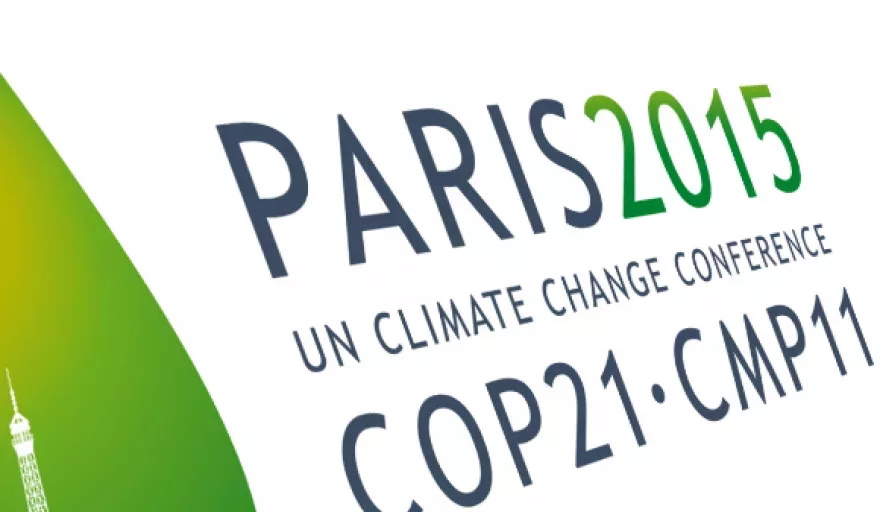At the Paris COP21 climate summit, India’s Prime Minister launched a global solar alliance of more than 120 countries with the French President, François Hollande.
Speaking at the summit, Narendra Modi said that hopes for future prosperity in the developing world now rest on bold initiatives to combat the effects of fossil fuels that put the planet in peril.
“Solar technology is evolving, costs are coming down and grid connectivity is improving. The dream of universal access to clean energy is becoming more real. This will be the foundation of the new economy of the new century,” he said.
Modi described the solar alliance as “the sunrise of new hope, not just for clean energy but for villages and homes still in darkness, for mornings and evening filled with a clear view of the glory of the sun”.
Earlier, France’s climate change ambassador, Laurence Tubiana, had called the alliance “a true game-changer”.
While signatory nations mostly hail from the tropics, several European countries are also on board with the initiative, including France.
Hollande described the project as climate justice in action, mobilising public finance from richer states to help deliver universal energy access.
Speaking at the press conference in Paris, Hollande said: “What we are putting in place is an avant garde of countries that believe in renewable energies. What we are showing here is an illustration of the future Paris accord, as this initiative gives meaning to sharing technology and mobilising financial resources in an example of what we wish to do in the course of the climate conference.”
The Indian government is investing an initial US$30 million in setting up the alliance’s headquarters in India. The eventual goal is to raise $400 million from membership fees and international agencies.
Companies involved in the project at this early stage include Areva, Engie, Enel, HSBC France and Tata Steel.
“India has repeatedly said that it wants to use cheap solar to connect citizens who are currently without access to the electricity grid in remote and rural areas,” said Ajay Mathur, India’s Senior Negotiator and Spokesperson at the Paris summit. “The idea is that larger markets and bigger volumes will lead to lower costs, making it possible to spur demand.”
India’s pledge to the Paris summit offered to draw 40 percent of its electricity from renewables by 2030. The country is projected to be the world’s most populous by then, with 1.45 billion people.
“India has emerged as the natural leader for this alliance, with its ambitious targets to install 175GW of renewable energy by 2022,” said Arunabha Ghosh, Chief Executive of the Council for Energy, Environment and Water in India.




















